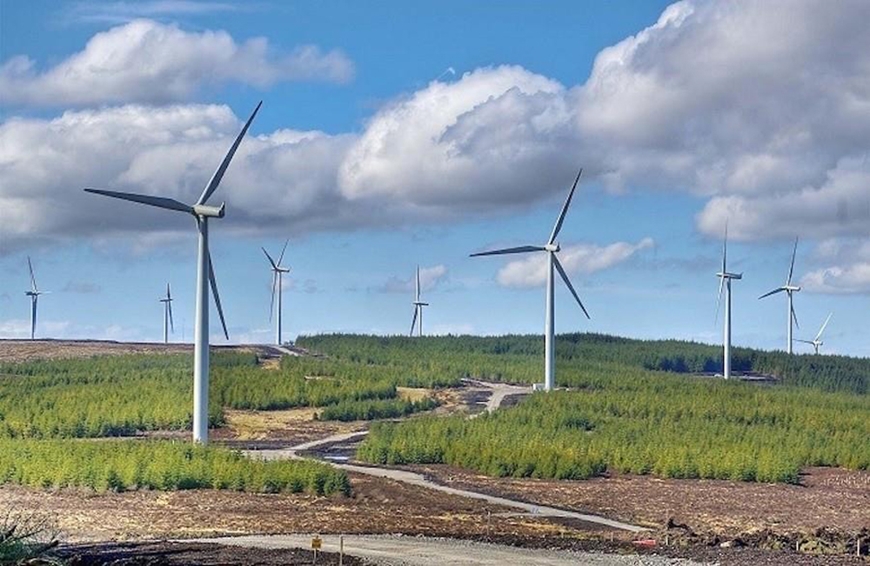Unlocking green investment
Many Vietnamese enterprises have built strategies and implemented ESG practices. However, due to the absence of a universal framework, the measurement of ESG costs and effectiveness still depends on the maturity level of each enterprise.

A recent survey conducted during an ESG seminar organized by PwC Vietnam recorded the motivations cited by businesses for implementing ESG: access to international markets/meeting supply chain requirements (37%); attracting investment/ensuring better financial terms (26%); compliance with current or future government regulations (26%); enhancing brand reputation and attracting talent (6%).
Motivation to “Unlock” Green Investment
The survey responses reflect the true drivers of ESG investment, particularly in manufacturing, processing, and export sectors. According to Mr. Nguyễn Hoàng Nam, ESG Advisory Leader and Deputy General Director of PwC Vietnam, Vietnamese enterprises are increasingly adopting ESG under the influence of supply chains, which are shaped by stringent standards from regulators, investors, banks, and global buyers.
He added that in the context of supply chain shifts to the Asia-Pacific, Vietnamese companies that want to capture investment flows following this trend or to enter regional markets must ensure compliance. “The Asia-Pacific region is also introducing, and will continue to introduce, ESG requirements and standards as rigorous as those in Europe. Enterprises will have to prove their ESG implementation capacity with authentic, verifiable data—there is no room for ‘greenwashing.’ To have real data, they must make real investments and undertake genuine implementation,” Mr. Nam said.
He also emphasized the pressure of national Net-Zero ambitions. Governments today are increasingly introducing stricter ESG regulations for enterprises. To adapt to all fluctuations and regulatory changes, businesses must strike a balance between development and sustainability. This balance is challenging: excessive growth may be unsustainable, while excessive focus on sustainability may slow progress, raise costs, and make products unacceptable to partners—hindering market access and growth.
Opportunities to Attract Investment
In 2022, 80% of enterprises committed or planned to invest in ESG. By 2025, this figure will rise to 89%, reflecting greater maturity in corporate sustainability implementation. The implementation rate has reached 54%, led by FDI companies (71%) and listed firms (57%). The measurement of costs and effectiveness has also become clearer. For example, PVTrans (PVT), under Vietnam National Oil and Gas Group, launched initiatives after finding that vessel emissions accounted for 99% of the company’s total emissions.
Mr. Nam stressed that measuring costs and impacts shows that even modest investments can generate significant impact. When enterprises fully embrace ESG as a vital driver of development in value management and corporate reporting, with a long-term vision, they can move beyond mere compliance burdens to seize opportunities for innovation, build trust, and create enduring value.
From an investment perspective, Shinhan Securities cited the example of Vinamilk, which, as a pioneer in sustainability in Vietnam, attracted 300 foreign investment funds, including 126 ESG-focused funds. Companies like Nafoods (NAF) and Phúc Sinh Group, through ESG implementation, also “unlocked” millions of USD in investment from FMO (Netherlands), an international green finance institution. Notably, Phúc Sinh received financing that included non-refundable grants from FMO. Previously, the company secured USD 25 million from the &Green Fund to promote green transformation in Vietnam’s billion-dollar agriculture sector.
Even banks, as capital providers, focus on ESG to attract green financing. Mr. Văn Công Bình, Head of Environment and Social – Corporate Banking at HDBank, noted that when the bank issued its sustainability report in 2023, international financial institutions proactively approached it. To date, HDBank has mobilized about USD 1 billion in green capital for lending to projects meeting the criteria of its “Sustainable Finance Framework.”
Beyond commercial loans, equity investment, or private capital, enterprises in general are also awaiting the government’s early rollout of a policy to subsidize 2% interest rates from the state budget for the private sector and household businesses, in line with Resolution No. 68-NQ/TW, Resolution No. 198/2025/QH15, and Resolution No. 139/NQ-CP. According to Deputy Governor of the State Bank of Vietnam Nguyễn Ngọc Cảnh, the decree on green credit policy is expected to be issued in December 2025, to be followed by a circular guiding its implementation. This will constitute a substantial source of capital to support enterprises in green, circular projects aligned with ESG standards.
Mr. Nam concluded that to accelerate the ESG journey, businesses should not wait for mandatory regulations but proactively seek practical support. This requires a dual approach: policymakers need to introduce clear financial incentives and specific standards, while the service market must provide tailored solutions for each stage of business development.








